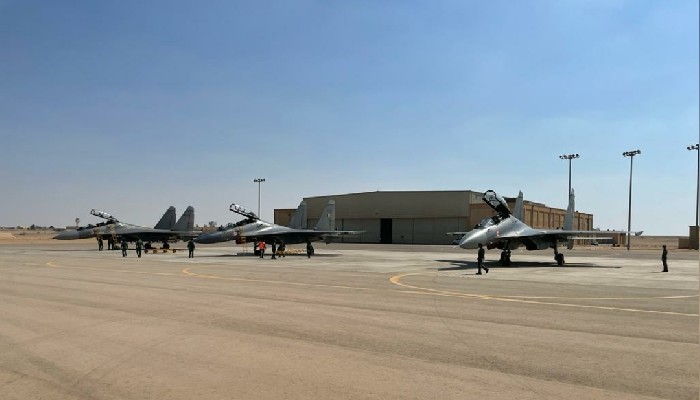PM Narendra Modi will attend the G7 Summit in Germany on June 26-27
India’s regular participation at the G7 summits clearly reflects the recognition that it needs to be part of efforts to confront major global challenges, Foreign Secretary Vinay Mohan Kwatra said on Friday.
He was addressing the media ahead of Prime Minister Narendra Modi’s visit to Germany to attend the grouping's annual conclave on June 26-27.
"India's regular participation at the G7 Summits clearly points to increasing acceptance and recognition that India needs to be a part of any and every sustained effort to find solution to solve the challenges, global challenges in particular which are being faced by the world," Foreign Secretary Kwatra said.
Besides the G7 members (Canada, France, Germany, Italy, Japan, the UK and the US) and India, the Summit which is being held amid the Ukraine crisis will also see the presence of Argentina, Indonesia, Senegal and South Africa.
Prime Minister Modi will also hold bilateral meetings and discussions with the leaders of the G7 as also the guest countries on the side-lines of the G7 Summit, Foreign Secretary Kwatra said.
The G7 Summit has chosen five key priorities for the current year - energy transition; economic recovery and transformation; pandemic prevention and control; sustainable investments and infrastructure: and promotion of shared values of democracy.
On June 27, Prime Minister Modi is scheduled to participate in two sessions along with other partner countries of the G7 Summit. The first one relates to climate, energy and health and the second session is on food security and gender equality, the Foreign Secretary said.
Responding to a question, FS Kwatra said the Russia-Ukraine situation has generated a certain amount of food security crisis all over the world and as a responsible nation, India has taken a very proactive stance to ensure that the food security of the vulnerable countries in particular are addressed in a manner that their needs are addressed.
"At the same time, the food security within India is absolutely not at all impacted and the management of food security issues both internal within the country as also in terms of externalities, trade etc. with other countries that is the perspective it has been managed, and I think there has been a widespread appreciation of the manner in which India has taken forward this position," he explained.
Replying to another query on the Ukraine conflict, he said India's stand has always been that the issue should be resolved at the earliest through a ceasefire and diplomacy.
 Contact Us
Contact Us  Subscribe Us
Subscribe Us









 Contact Us
Contact Us
 Subscribe
Subscribe
 News Letter
News Letter

